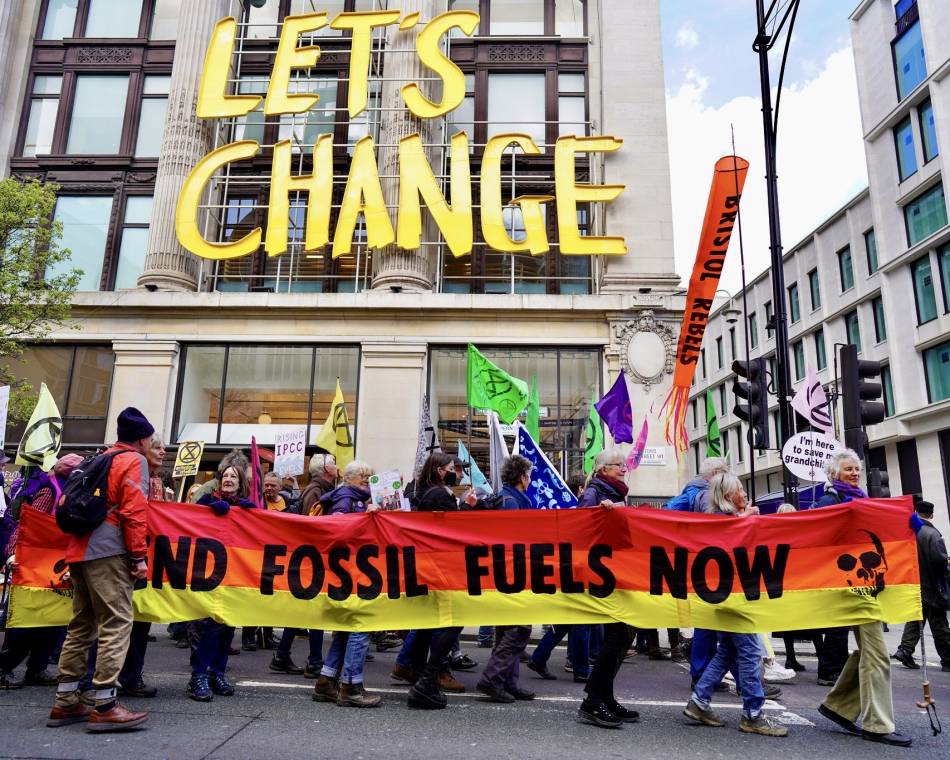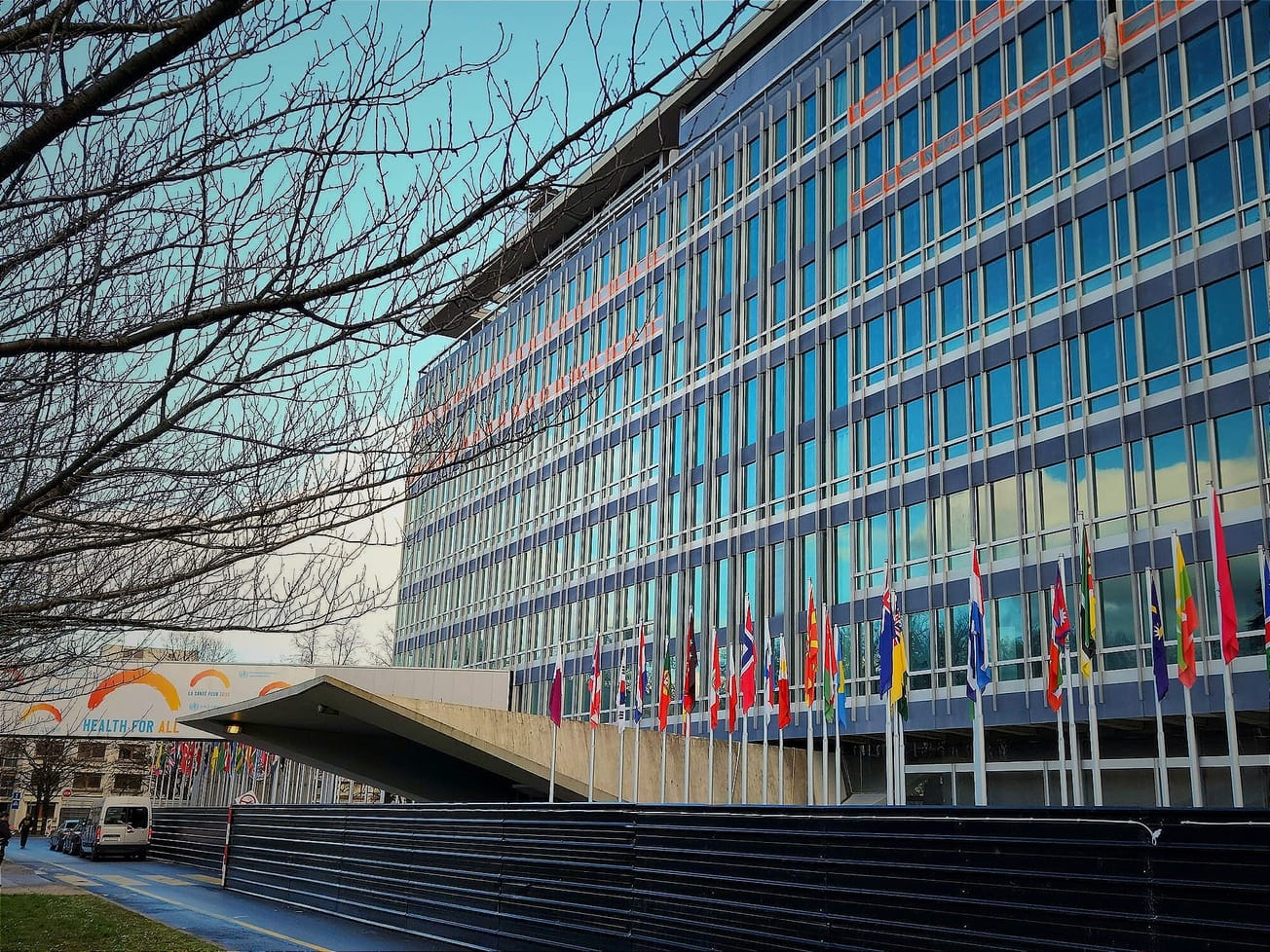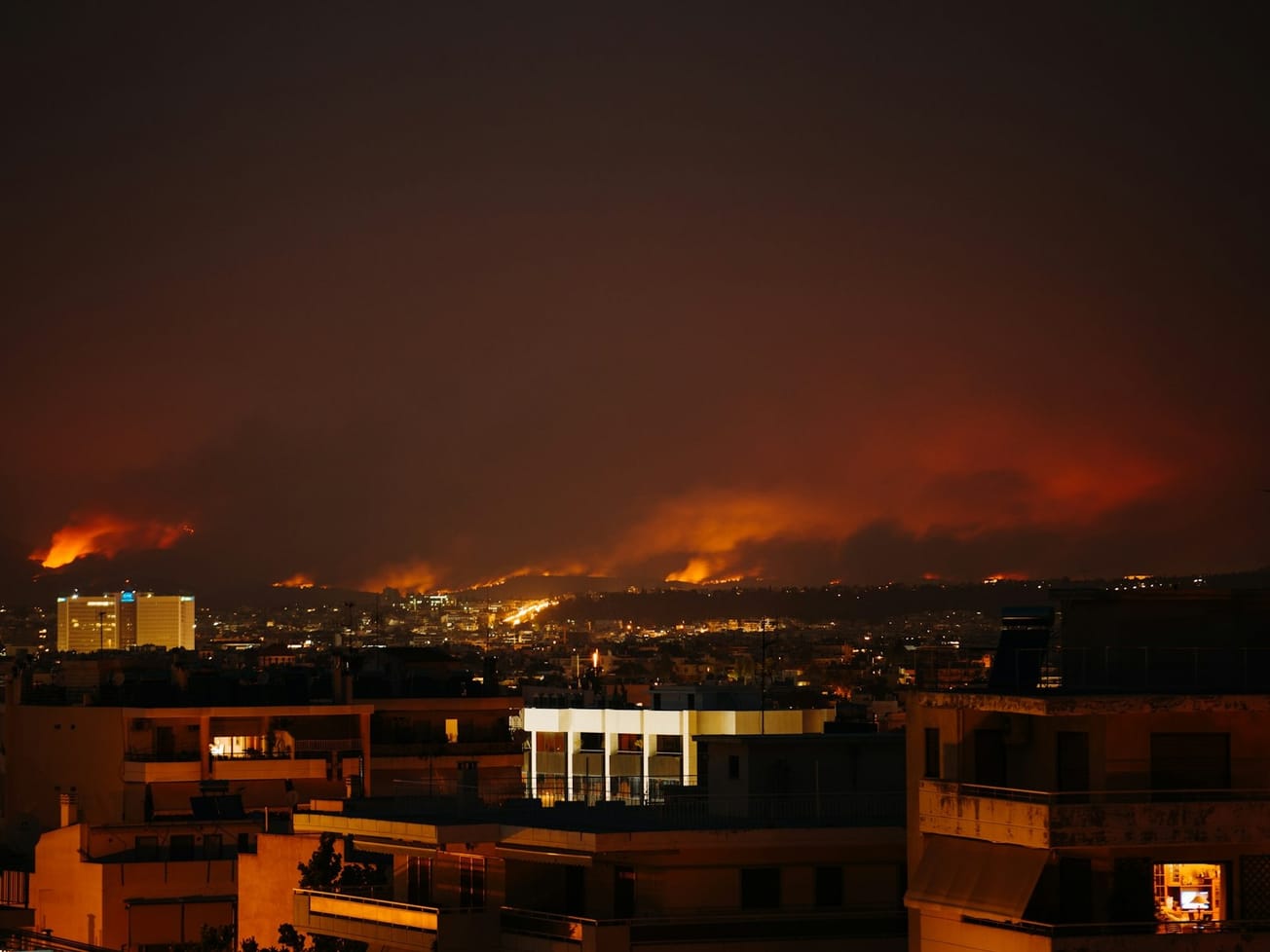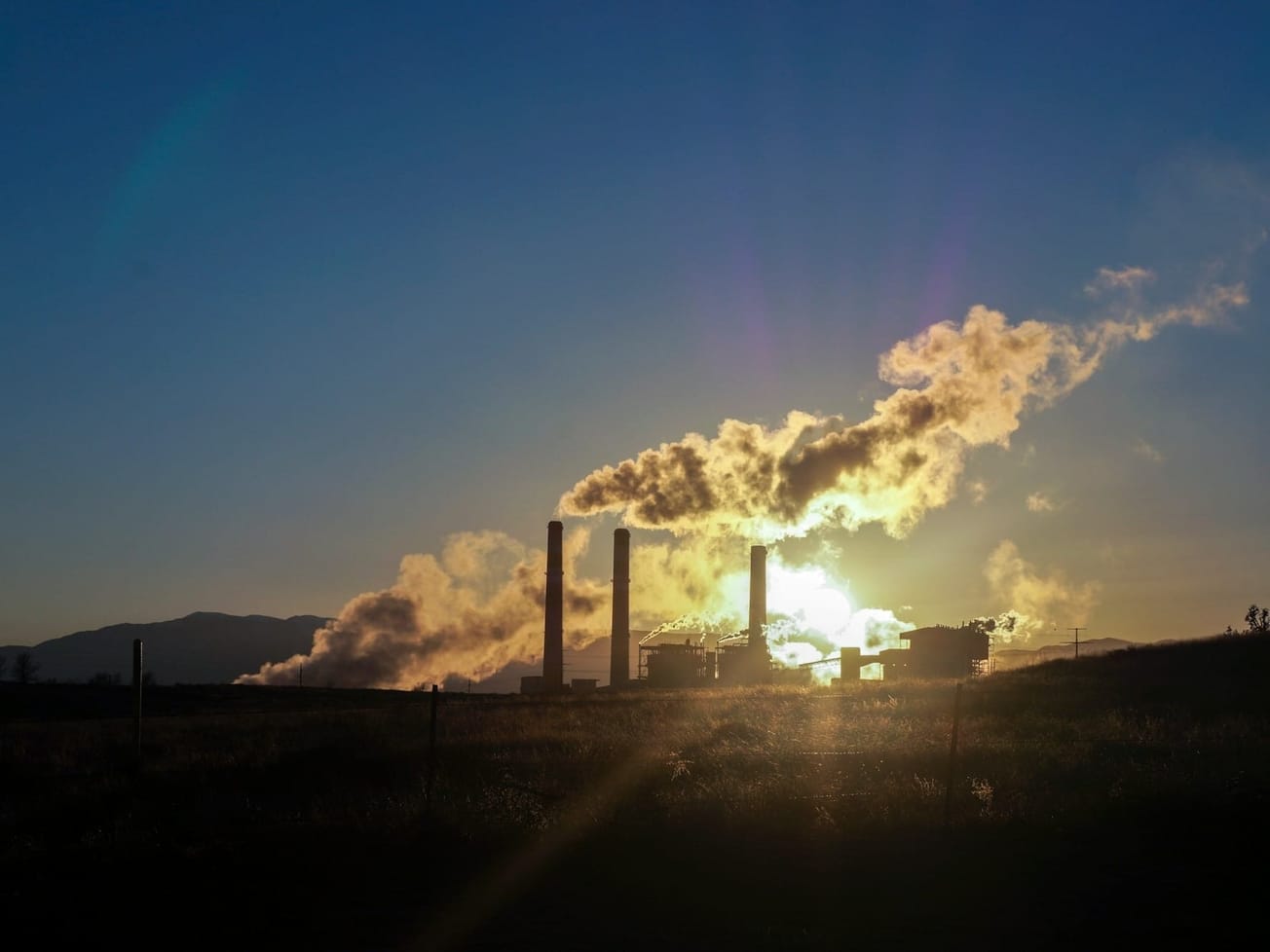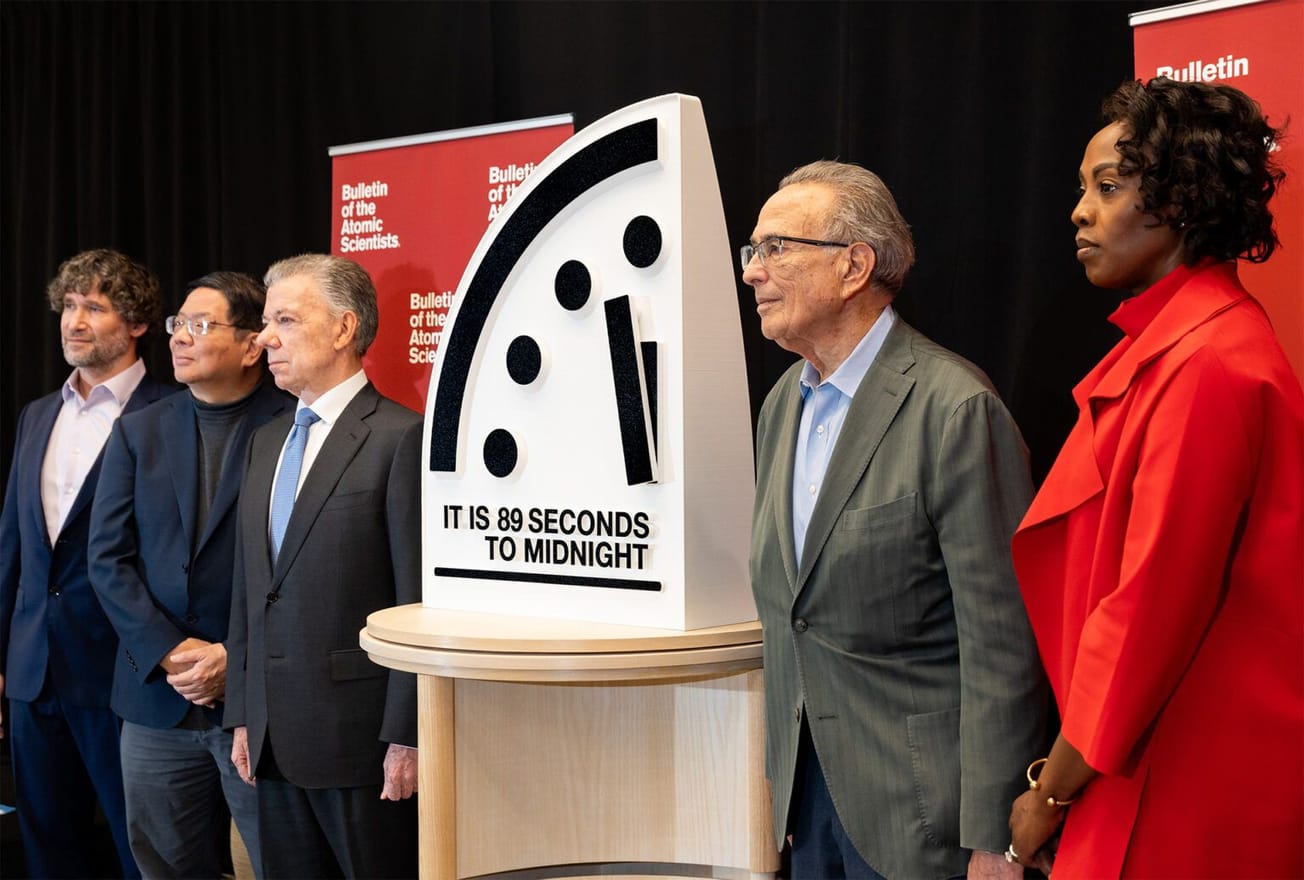Climate negotiators in Bonn, Germany on Monday began trying to build momentum for the U.N. climate summit that Egypt will host in November, a normally difficult task made harder by the world's focus on Ukraine, inflation and the COVID-19 pandemic.
The Bonn Climate Change Conference that runs through mid-June is the setup for the 27th Conference of Parties to the U.N. Framework Convention on Climate Change, or UNFCCC, which serves as the platform for the summits. COP27 is to be held at Egypt's resort town, Sharm el-Sheikh, along the Red Sea.
Almost 200 nations normally participate in the talks organized under the UNFCCC, the international treaty launched at the landmark 1992 Earth Summit in Rio de Janeiro that galvanized the environmental movement. The treaty entered into force in 1994 and now includes 197 nations and territories.
Now is not the time for governments to be deterred by accelerating climate impacts and geopolitical tensions, according to Patricia Espinosa, executive secretary of U.N. Climate Change, the secretariat for the treaty, who noted that Bonn is hosting the first such in-person talks in three years due to the pandemic.
“Because the world is going to have one question in Sharm El-Sheikh: what progress have you made since Glasgow?" Espinosa said in opening remarks, referring to the last U.N. summit hosted in Scotland that resulted in a “watered down” consensus agreement on a climate deal.
"It is not acceptable to say that we are in challenging times, which we are," said Espinosa, whose second three-year term as executive secretary ends this year. "But they know that climate change is not an agenda we can afford to push back on our global schedule. We need decisions and actions now, and it is incumbent on all nations to make progress here in Bonn in the coming two weeks."
She urged everyone to keep hope alive for concrete climate action, despite the many challenges.
"It is a world beset with conflicts, energy, food and economic crises … and the global pandemic is still with us," Espinosa said. "And yet I appeal to all of you — especially in these difficult and challenging times — not to lose hope, not to lose focus, but to use our united efforts against climate change as the ultimate act of unity between nations. We must never give in to despair. We must continue to move forward."
The World Conference Center Bonn is ready for business on Monday.
— UN Climate Change (@UNFCCC) June 5, 2022
Follow the #BonnClimateConference to see how the Paris Agreement is being implemented and how momentum is growing for strong #ClimateAction decisions at #COP27 pic.twitter.com/feMY6teWT2
'A lot of eagerness'
The aim of negotiations is to fulfill the 2015 Paris Agreement's obligations of holding the increase in global average temperatures to well below 2 degrees C. above pre-industrial levels and, preferably, to limit the temperature increase to 1.5 degrees C. above pre-industrial levels.
The planet has already warmed more than 1 degree so far, and Espinosa noted it is on track to experience more than double the preferred limit of 1.5 degrees by the end of the century.
“We all know that we are far from where the science tells us we need to be to achieve the 1.5 degrees C. goal. And that means that very difficult decisions must be taken," she told negotiators in Bonn. "And we must understand that climate change is moving exponentially — we can no longer afford to move incrementally."
In Bonn, negotiators will focus on cuts in fossil fuel-burning emissions that trap heat in the atmosphere, along with ways of reducing climate impacts and increasing financial support for poorer nations so that they can cut emissions and adapt to climate change.
As part of the Paris treaty, Espinosa noted, nations also committed to mobilizing US$100 billion a year in climate financing for improving developing nations' climate adaptation and resilience.
"There is still hope that the US$100 billion pledge will be met," she said. "And beyond the calls for a substantial increase in climate finance and in particular adaptation finance, time and time again, the lack of finance comes up as the main obstacle to collective climate action, also in capacity building, technology transfer or the consolidation of the enhanced transparency framework."
Tosi Mpanu Mpanu, a diplomat and climate finance expert from Congo who chairs an advisory panel to UNFCCC for science, technology and methodology, said he believes many governments view the threat of climate change as one of their top priorities.
“In the last months, we have seen a lot of eagerness from governments to get down to work in Bonn," he said. "We have seen a lot of work at workshops and other events — there is a great appetite to make progress."

